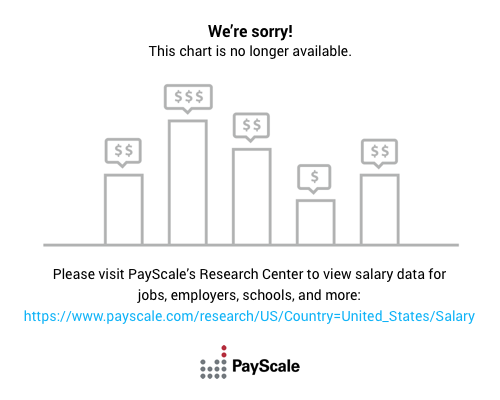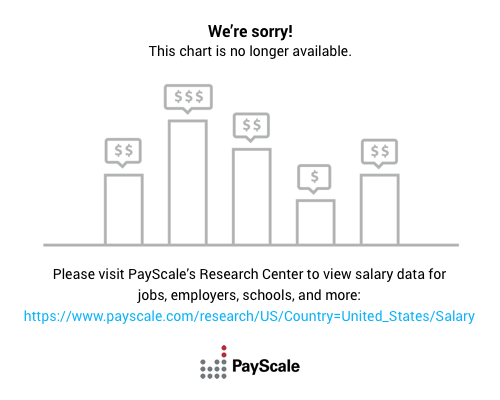My Daughter’s An Average Student: Help!
Dear Dr. Darcy:
My 16 year old daughter is on a path to nowhere good. She has no interest in school, grades, or college, despite being tested as ‘gifted and talented’ years ago. She’s wasting her life, focusing on friends and just coasting through school. I don’t think she’s into drugs, but we just got her grades and she’s barely at a C average. What can I do to motivate her? She’s always punished. Nothing works.
ANSWER
Why is it important to you for your daughter to be academically competitive in high school? Let me guess: You want her to get into a top-tier college. And you want her to get into a top-tier college because you believe that graduating from a top-tier college will set her up for success. All she has to do is sprint until her early 20’s and she’s home free, right? Wrong.
The college application process has become so incredibly competitive that as a result, it has spawned a secondary process, a How To Get Your Child Into An Ivy League School secondary process. Like most mutations, this one no longer resembles its original form. It’s like a superbug…And it’s so resistant to reason that even kids with 4.0 GPA’s, tons of AP classes and perfect SAT scores are having to settle for 2nd tier schools because they didn’t have the right volunteer experience, or they didn’t go to the right 50K-per-summer experiential camp or they didn’t get a varsity letter in all three of their sports, or they come from a school district where too many kids have the exact same credentials and the university admissions board will only accept a maximum of 1 applicant from each district.
What you’re unaware of is what these kids have to do to compete at that level: They have virtually no social lives, no balance, no down time, no outlet for their stress. They feel guilty when they are faced with an hour of unstructured time, or worse, they begin to feel anxious because they don’t know how to relax or entertain themselves. Their minds begin hunting for unattended items on their endless To-Do lists. Many of them realize the futility of their efforts right about 11th grade, and guess how they cope with the realization that despite having sacrificed their childhood, they will have to go to a state school instead of an Ivy League school? They commit suicide.
Parents who continue to ascribe to this outdated paradigm for success are unaware of another very important fact, one that Kaplan and Princeton Review don’t distribute in their marketing materials: There is no correlation between attending an Ivy League School and becoming a high earner. That’s right. Just check out the table at the bottom of this post for confirmation, and identify one major American city in which making under 150K a year constitutes “wealth” 15 years into one’s career.
We no longer live in a world where going to a top school ensures a lifetime of success. Those days ended long before the burst of the housing market. What studies do show and have shown for decades is the correlation between good social skills, creative thinking and likelihood to become an entrepreneur, which, in case you’re confused, is the most likely way to amass wealth unless you’re born into it. Sadly, parents are loath to accept this reality, even as they are laid off in record numbers after having followed their own outdated formula-for-success. When you think of the wealthiest people, most of them are self-employed. I recommend reading Rich Dad Poor Dad by Robert T. Kiyosaki. You’ll learn everything you need to know about wealth as it relates to raising children.
You’re trying to bang a round peg (your daughter) into a square hole (academic conformity). In the process and for all your likely good intentions, you risk eroding her self-esteem: The one quality which will ensure her willingness to take risks in life and which increases the probability for success.
Children should be allowed to grow at an individual pace. Not everyone is ready for college at the same age. And there are ENDLESS formulas and trajectories for success. No one ever asks me where I began college: They ask which college I graduated from. Furthermore, with each acquired degree, my undergraduate school holds less importance. Today, going to college is like going to high school ~ everyone presumes you went somewhere. What my colleagues are curious about is which school I earned my Masters Degree from or which school I earned my PhD from. Few people know that I began my academic journey at a community college, because it was the only school I was accepted to.
 |
 |
Methodology
Annual pay for Bachelors graduates without higher degrees. Typical starting graduates have 2 years of experience; mid-career have 15 years. See full methodology for more.